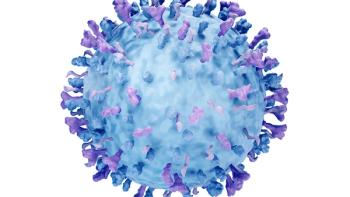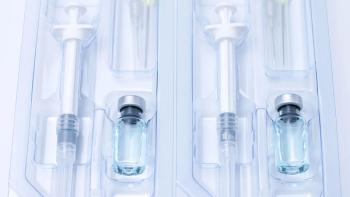
- BioPharm International-09-02-2011
- Volume 2011 Supplement
- Issue 6
Perception and Costs of Biotech Innovation
The lower price of biosimilars will increase patient access to medicines and spur innovation.
We believe that all stakeholders are increasingly realizing that marketed biosimilars offer comparable quality, safety, and efficacy to their reference products. Indeed, this is the basis on which they were approved by the centralized European procedure. To quote Nicolas Rossignol, the (former) European Commission pharma division administrator: "We are confident that if a product meets all the requirements and gets a marketing authorization from the Commission, it means that the product is as safe and effective as any other product authorized by the Commission."
Ameet Malik
In parallel, antibiosimilar campaigns are also beginning to lose their bite and there is a growing understanding that biopharmaceutical originator companies also effectively create changes in their products similar to biosimilars when they modify their original manufacturing processes.
LABELING AND SAFETY
The centralized European biosimilar regulatory pathway recognizes that existing biosimilars can and should have the same INN (International NonProprietary Name) as their reference product. Reference products that change through major manufacturing or process modifications also have the same INN. Provided that the mechanism of action is equivalent for all indications, biosimilars should also be approved for the same indications as the reference product.
HOW LOW CAN BIOSIMILARS BE PRICED COMPARED WITH THE ORIGINAL?
Development costs, which include clinical trials, for biosimilars, typically equate to around $100 to $150 million per product and the payback period for the industry can be up to 10 years. In comparison to standard generic drugs, biosimilars offer less leeway for substantial price cuts because of the high barriers to entry—particularly on the financial side.
The European Unions's biosimilars are currently priced at about 30% below their reference products, but the important thing to remember is overall costs—the total savings to healthcare systems at this level of reduction are substantial, with one study in Germany conducted by the IGES Institute, projected potential savings in Germany alone of +€8 billion ($13.2 billion) through 2020.
IMPACT ON BIOTECH INNOVATION
Biopharmaceuticals have revolutionized modern medicine and will continue to do so, with many innovative new medicines still to come. Biosimilars manufacturers will play a vital role in driving the next biologics revolution by dramatically broadening patient access to affordable, high-quality medicines through innovative approaches to development, manufacturing, and commercialization of biosimilars.
Based on a contribution by Ameet Malik, Global Head, Sandoz Biopharmaceuticals.
Articles in this issue
over 14 years ago
Q&A with Francis S. Collinsover 14 years ago
Single-use Technology: Balancing the Risks and Rewardsover 14 years ago
Challenges and Innovations with Prefilled Syringesover 14 years ago
Trends in Prefillsover 14 years ago
Navigating the Biosimilars Marketover 14 years ago
BioPharm International, September 2011 Supplement (PDF)Newsletter
Stay at the forefront of biopharmaceutical innovation—subscribe to BioPharm International for expert insights on drug development, manufacturing, compliance, and more.




